Unit B
5.0(1)
5.0(1)
Card Sorting
1/67
Earn XP
Description and Tags
Study Analytics
Name | Mastery | Learn | Test | Matching | Spaced | Call with Kai |
|---|
No study sessions yet.
68 Terms
1
New cards
renaissance
1350-1600, rebirth of interest in classical GREEK and Roman (not church) learning, the individual/artistic achievements - the beginning of modern times
2
New cards
florence italy
the birthplace of the renaissance - center for trade and banking - town life was stronger here than in other parts of Europe
3
New cards
Cosimo di Medici
were "the patrons of the renaissance" - made a dynasty that taxed the wealthy for things like sewers, streets, statues and structures - not for them or military
4
New cards
Lorenzo Medici
known as "the magnificent" - supported artists, fostered humanism, and sponsored festivals - began an academy to study Plato
5
New cards
humanism
birth of modern thought, based on classical greek and roman ideas, focused on worldly themes (not god), stressed individualism, read in native language, promoted reason, valued daily life, practiced virtue - like the enjoyment of a poem about love
6
New cards
"renaissance man"
someone who was educated - studied the liberal arts/languages - talented in politics, warfare, science, dance, fencing etc
7
New cards
Baldassare Castiglione
wrote "Book of the Courtier" - allowed nobles to learn humanism, emphasized being a renaissance man
8
New cards
Niccolo Machiavelli
revived political science, wrote "The Prince" which gave advice to rulers - argued that princes (rulers) needed to be ready to use force and deceit to hold power - ends justify the means - do anything to get power (lie, cheat, kill, etc), "it is better to be feared than loved" - Machiavellian means shady - still studied today
9
New cards
renaissance art
move from christian to humanist themes - had emotion, realism, symmetry, and depth with oil paintings, shading, and perspective
10
New cards
renaissance architecture
domes and columns instead of spires and gargoyles
11
New cards
Giotto
father of renaissance painting - religious themes but more natural and lifelike, "first master", depth
12
New cards
Leonardo da Vinci
true renaissance man - painter, engineer, inventor, scientist - designed castles - had curiosity about the world
13
New cards
Raphael
added warmth, praised greeks in his paintings, used symmetry, depth, oil paints, and emotion
14
New cards
Michelangelo
"artist as genius" - greatest sculptor of all time; included harmony, beauty, nudity, proportion, glorification of human form
15
New cards
Northern Renaissance
ideas spread through war, trade and invention - more devoted to religious reforms
16
New cards
Johann Gutenberg
invented the movable type for the printing press - could rapidly and cheaply produce books - opened up middle class learning, birth of propaganda (persuade, "I", "my"), spread of information - take and reuse words and letters
17
New cards
Thomas More
wrote "Utopia" - a criticism of society and its strict classes; wanted a society based on reason/religious tolerance where all had to work to eat - must be good-hearted & community-based to get into Utopia (same clothes, free hospital, no private property, woman priests, no wars) showed hope/desire to improve society
18
New cards
William Shakespeare
"the bard", leader author of renaissance - tragedies like Macbeth, Hamlet, and Romeo & Juliet - essence of humanity - showed human behaviors - greatest playwright of all time
19
New cards
catholic church 1400-1517
clergy did not practice what they preached (mistresses, drunk, gambling), couldn't read/write in latin so they weren't actually reaching god - kept money for themselves
20
New cards
simony
buying your way up the church - not actually working for it
21
New cards
pope julius ll
fought in battles
22
New cards
pope alexander VI
had mistresses & children - worst of all time
23
New cards
Martin Luther
lightning storm sent him to monastery - from germany - out monked the monks - wrote the 95 theses with the help of the printing press - celebrity in Germany but Rebel by church
24
New cards
indulgences
john tetzel & church under pope leo x sold these "get out of sin" card to raise money - people even bought them for dead relative and future sins
25
New cards
the 95 theses
attacked indulgences - rejected Justification by Good Works- challenged pope - upset church
26
New cards
Diet (meeting) of worms 1521
luther was excommunicated by pope leo x for not recanting (taking-back) the 95 theses
27
New cards
Luthers major reforms
justification by faith (saved by faith in god), trust the bible over teachings - all jobs (vocations) are equal - rejected transubmission (christ is there only spiritually) -believed priests can marry
28
New cards
luther's 3 sacraments in bible
baptism, penance, eucharist
29
New cards
impacts of luther
everyone should read the bible - improvements in women status -translated New Testament to German (allowed 1000s to read bible) - catholic church lost power over society
30
New cards
protestant
luthern chuch - opened rebellion against loyal catholics (100,000s dead in German 30 yr Wars of Religion that ended in tie)
31
New cards
Christianities 3 branches
Catholic, Orthodox, and Protestant
32
New cards
John Calvin
believed God's absolute rule and omnipotence (all powerful) - said god decided right away who was/wasn't saved (predestination) - salvation is god's choice, not yours - advocated life without sin - God's plan - cheaper faith w/ local elders and wood structures
33
New cards
Calvins Geneva transformation
turned corrupt Geneva to "city of god" - build new christian faith from the group up w/ god as its base - 12 man theocracy had strict discipline (no fighting, swearing, drinking, dancing, missing church, etc) - spreading catholic beliefs = death - safe haven for Protestants
34
New cards
calvins "the calling"
hard work ethic, glorified all vocations as pleasing to god - said people could overthrow corrupt leaders (righteous battle) - judgmental; if you sinned you were doomed to hell - pilgrims are descendants
35
New cards
the anabaptists
wanted to live like ancient christians - Religious liberty - rural communities based on love away from sinful cities - believed in adult baptism/polygamy (having more than one wife or husband at the same time) - refused to swear oaths other than to god - believed in religious freedom/separation of church and state (key foundation of US) - didn't go to war or participate in gov - not accepted - used the Bible as their primary source of truth - modern day amish
36
New cards
The english reformation
england break from catholic church bc Henry VII had "heir issues" bc his wife Catherine wouldn't give him a son - wanted to marry Anne but couldn't under catholic law
37
New cards
Church of England (the Anglican church)
Henry made his own church (a lot like catholicism, all the same but now in english) to get his divorce - printed bible in english for many to read - sold church land to get rich and strengthen loyalty of his noble allies -
38
New cards
puritans (pilgrims)
said church of england should be purified and make fully protestant church
39
New cards
anglican church
= episcopal church in US
40
New cards
the council of trent 1545-1563
called by Pope Paul lll to clean-up church - reaffirmed equal authority of Bible/Catholic Church teaching, justification by good works, 7 sacraments, purgatory etc - made priests attend seminaries to learn latin - ended mistresses, indulgences etc - made inquisition for popes authority - purged non catholics/banned reformation books - said Salvation comes through faith and good works - bible stayed in latin
41
New cards
ignatius of loyola
founded Jesuits to win back Protestants w/ advanced education, helping poor, and good deeds - set up universities - wrote "Spiritual Exercises", a manual for religious and self-discipline - support of baroque art
42
New cards
result of reformation
30 years war; *The terrible Wars of Religion and the Massacre on Saint Bartholomew's Day (1572)* french wars of religion to stamp out Protestantism (didn't work)
43
New cards
sects of Christian Faith
Lutheranism, Calvinism, Anglicanism
44
New cards
businessmen
supported Protestantism - validated their jobs/reduced tithes
45
New cards
northern europe
protestant
46
New cards
southern europe
catholic
47
New cards
protestant support
heartfelt conviction - this was the right way
politics - free of tithes to the Pope so the ruler is the only power in the land
rebellion - way to defy the italian-controlled church that had taken so much money from them
politics - free of tithes to the Pope so the ruler is the only power in the land
rebellion - way to defy the italian-controlled church that had taken so much money from them
48
New cards
Ecstasy of Saint Theresa by Bernini
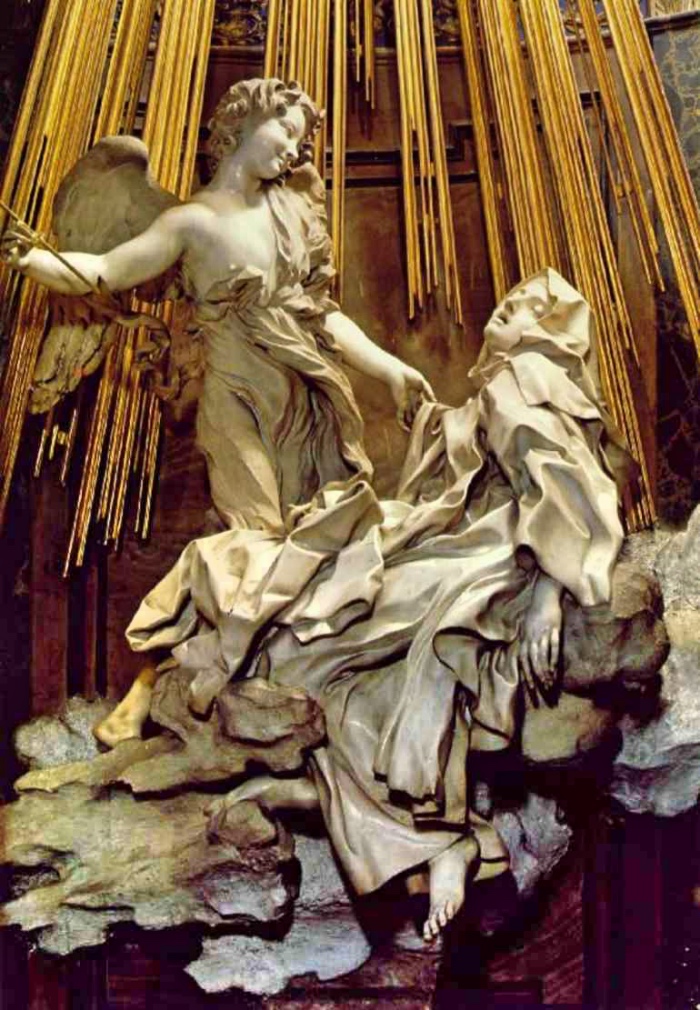
49
New cards
St. Francis of Assisi by Giotto
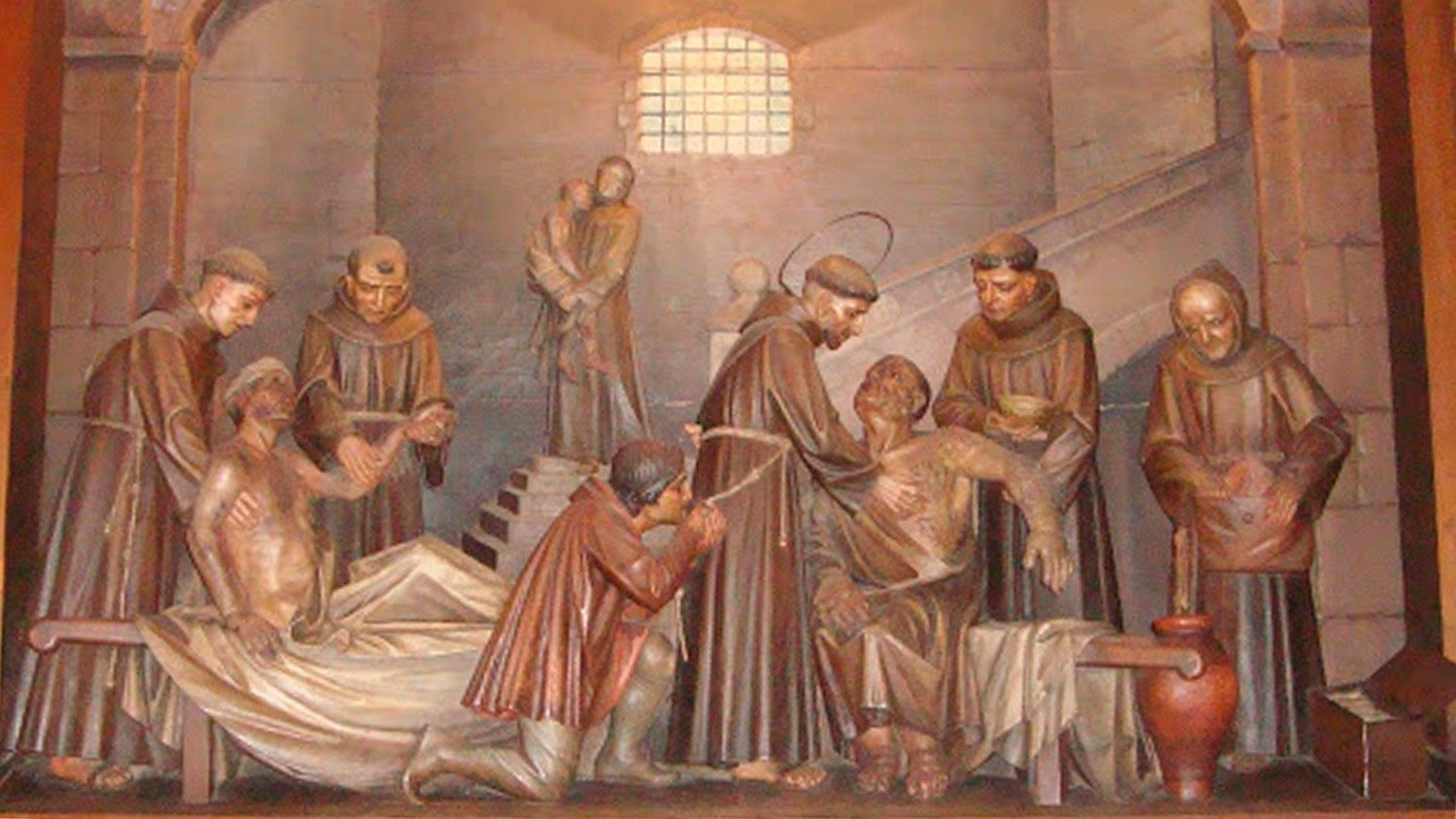
50
New cards
Mona Lisa by Leonardo da Vinci
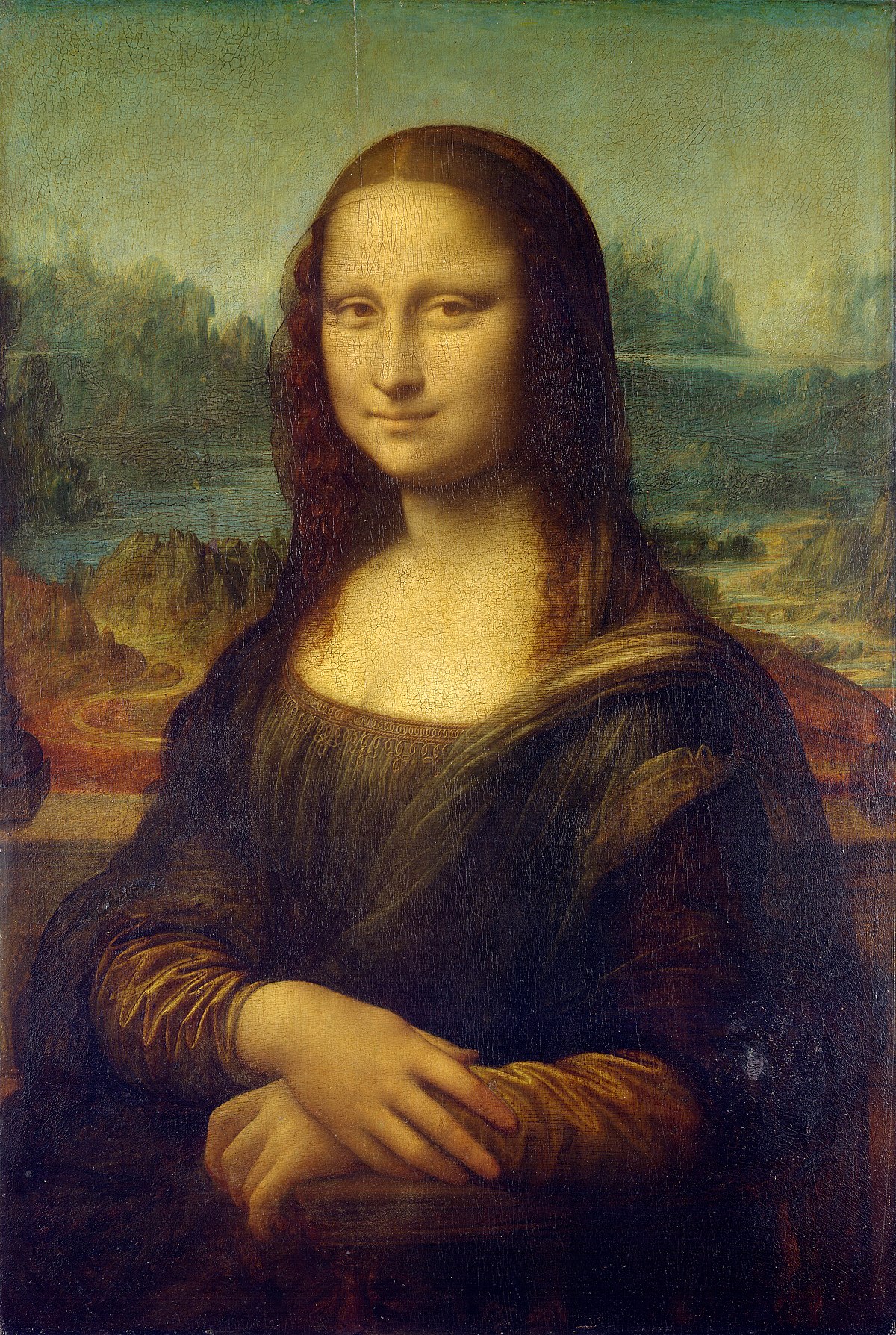
51
New cards
Last Supper by Leonardo da Vinci
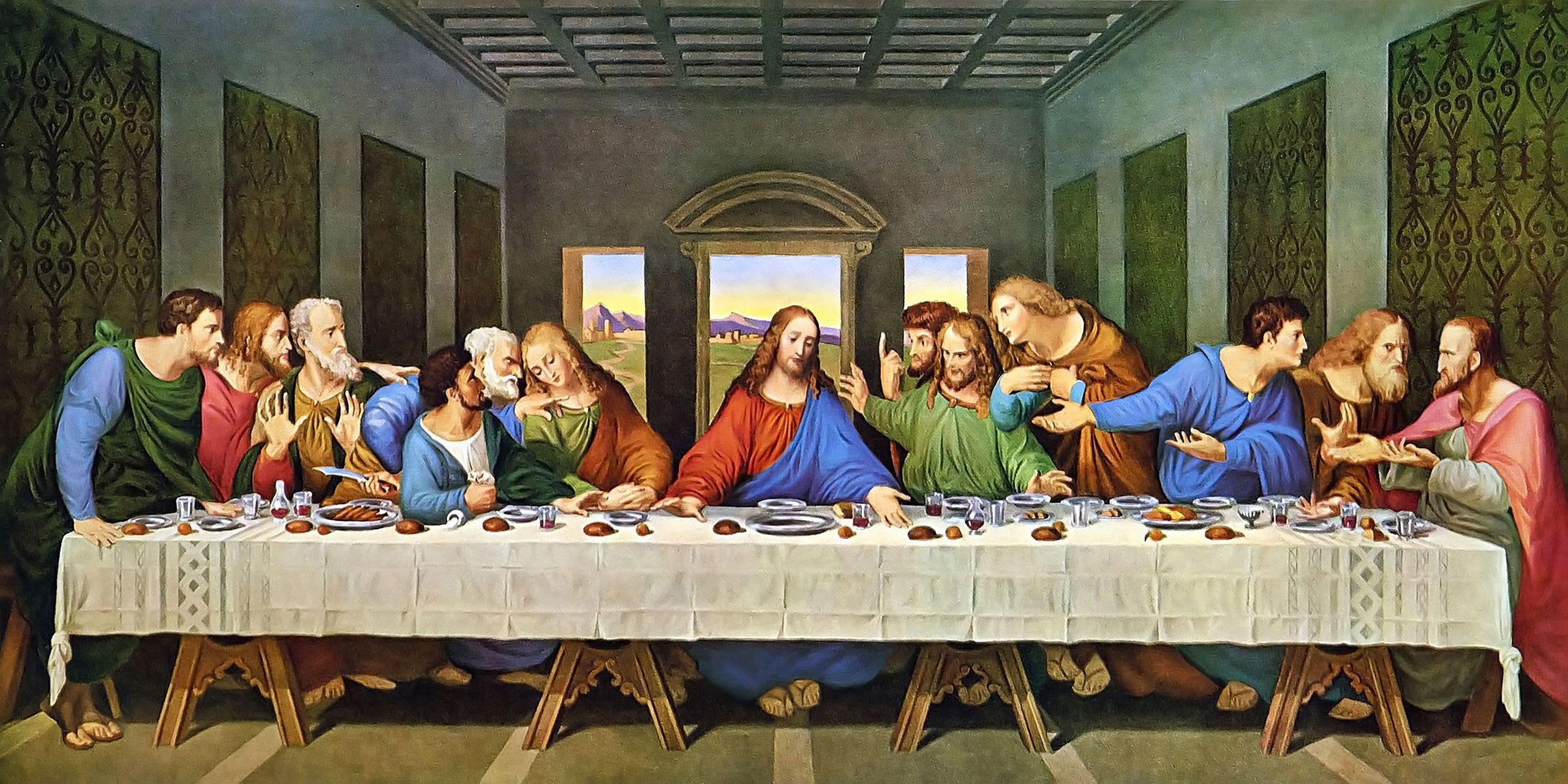
52
New cards
The School of Athens by Raphael
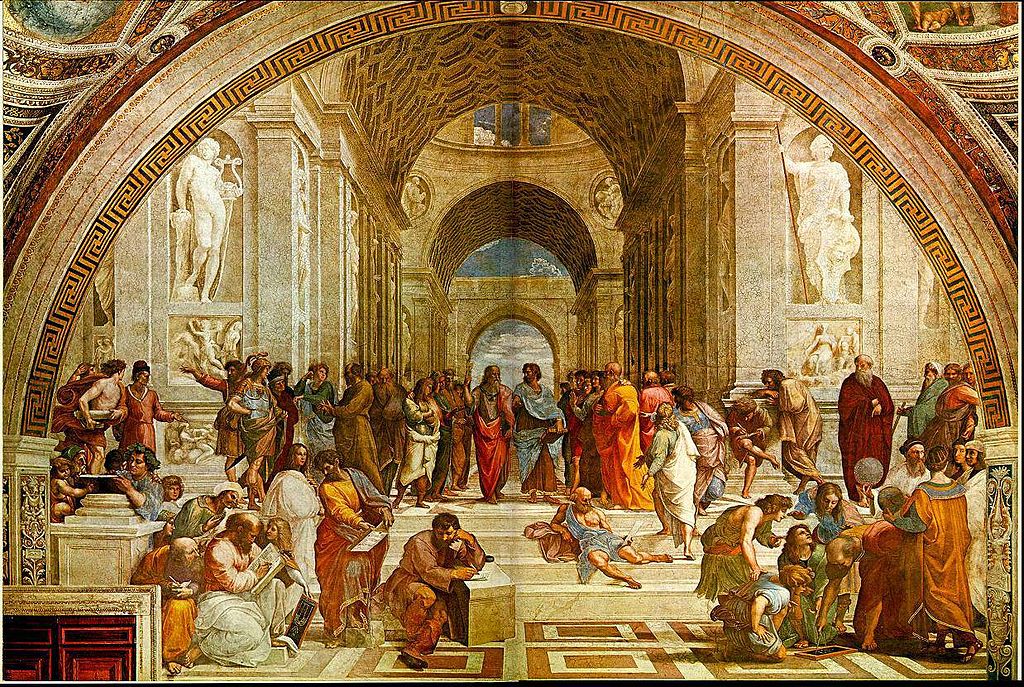
53
New cards
La Pieta by Michelangelo
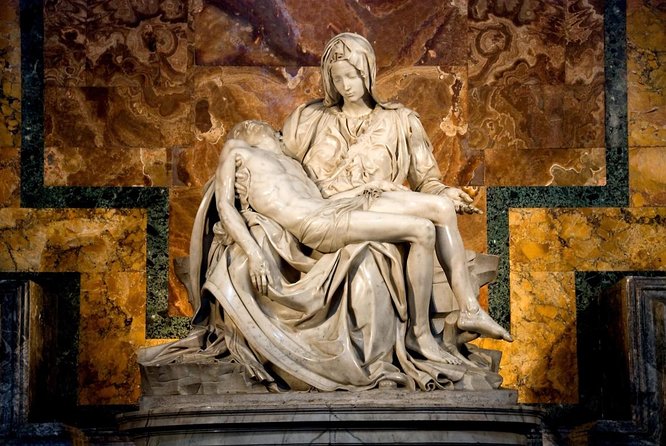
54
New cards
David by Michelangelo
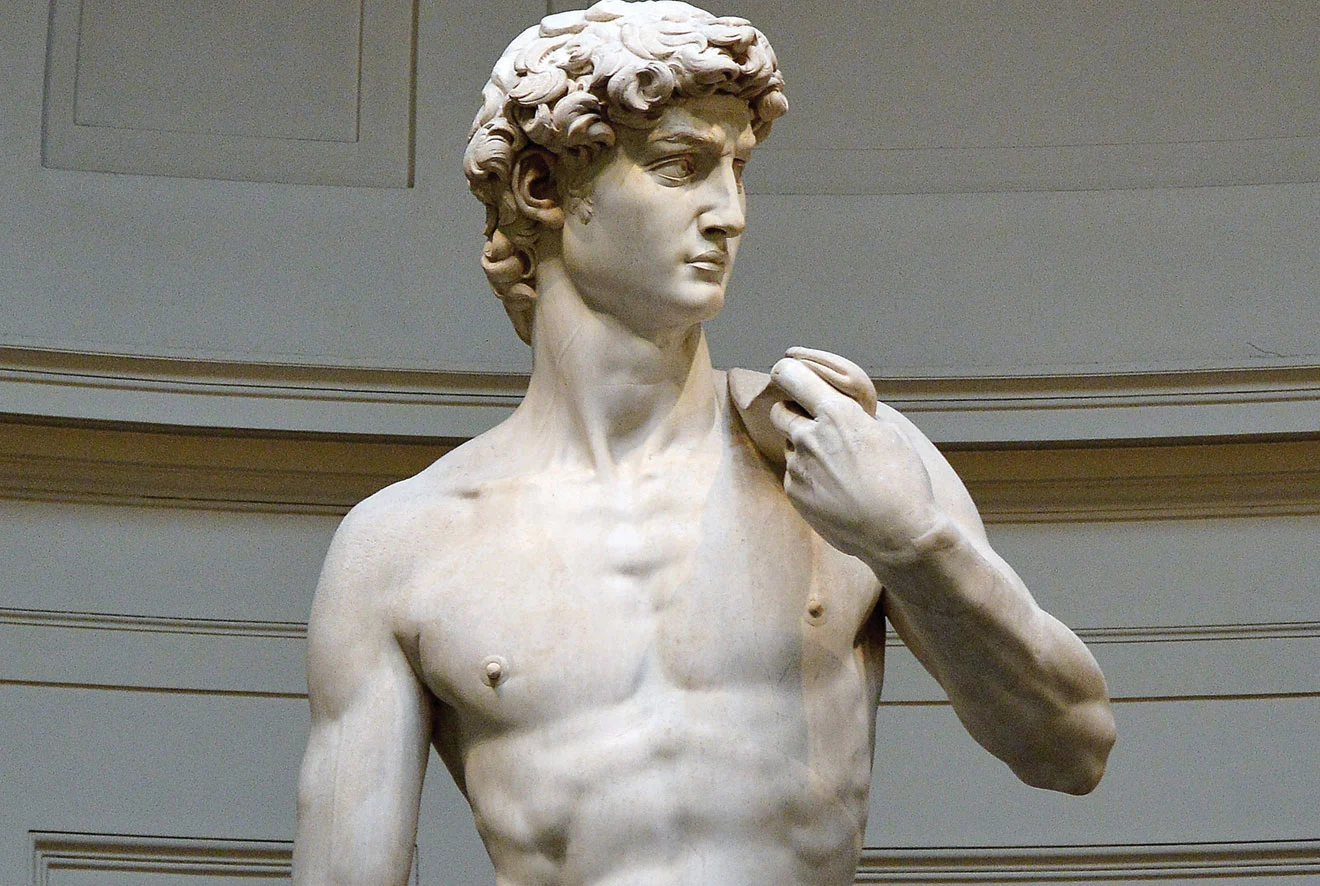
55
New cards
sistine chapel ceiling (stories of the Bible) by Michelangelo
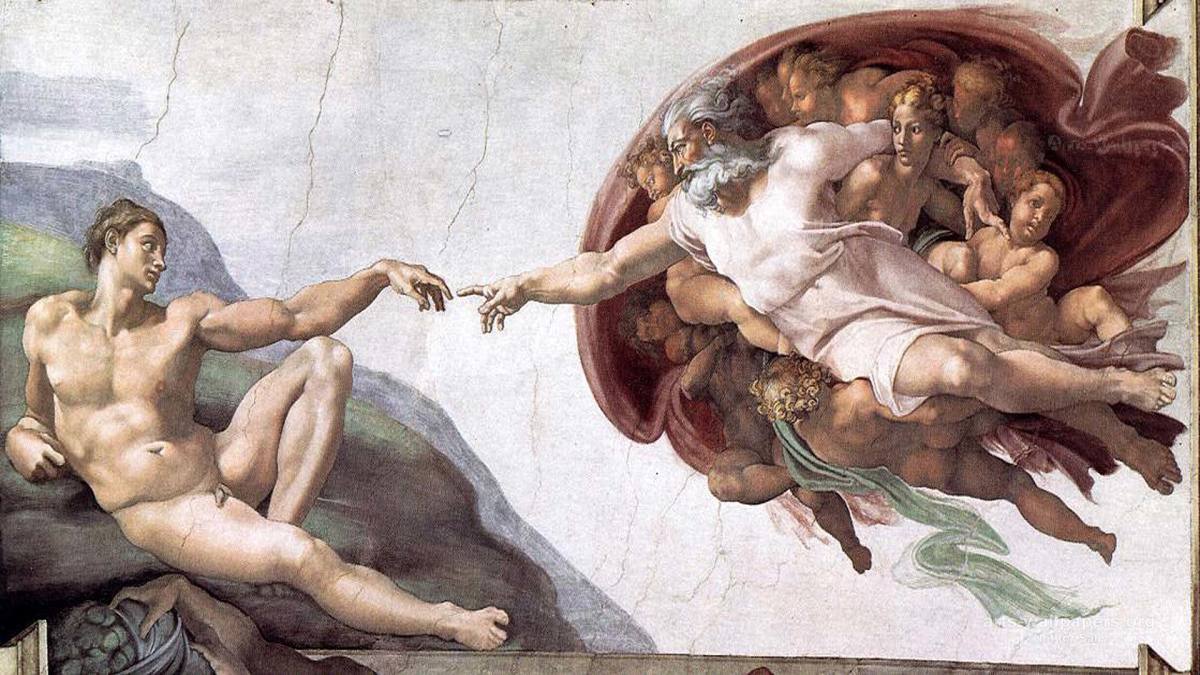
56
New cards
The Birth of Venus by Sandro Botticelli
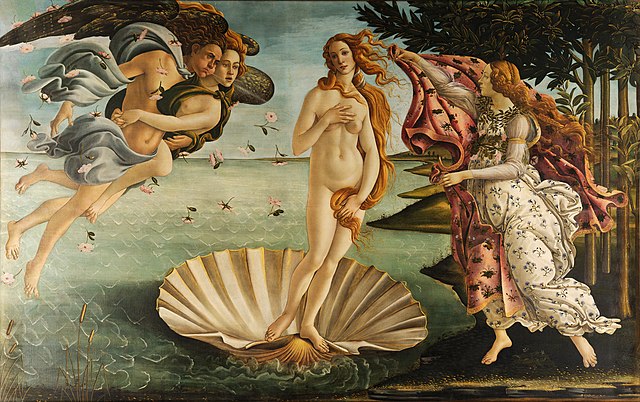
57
New cards
Renaissance popes
never placed religious duties ahead of political goals and often supported the work of artists and sculptors
58
New cards
Pope Leo X
did not agree with most of the criticisms Luther had about the Catholic Church - excommunicated Luther from the Catholic Church in 1512
59
New cards
John Tetzel
received a large brunt (focus) of Luther's criticisms over corruption in the Church?
60
New cards
Wittenberg
Martin Luther nailed the 95 Theses on the church door here in 1517
61
New cards
the Bible passages most important to Luther's beliefs
"He who through faith is righteous shall live"
62
New cards
Reformation
A change in the Church's ways of teaching and practicing Christianity
63
New cards
Justification by Faith
was Martin Luther's idea of "being made good and going to heaven"
64
New cards
King Henry VIII
mostly broke away from the Catholic Church because of Heir problems - didn't work with any Pope he encountered - tried to excel in many areas, like a true "Renaissance Man" - made himself the head of the Church of England in 1534 - wanted to leave a male heir to the English throne
65
New cards
Queen Elizabeth I
allowed more than just Catholic practices
66
New cards
Catholic Reformation
the Catholic Church eliminated many of its abuses
67
New cards
Teresa of Avila
The most successful of the leaders of the new orders of nuns
68
New cards
Baroque art
stressed complexity, exaggeration, and emotion